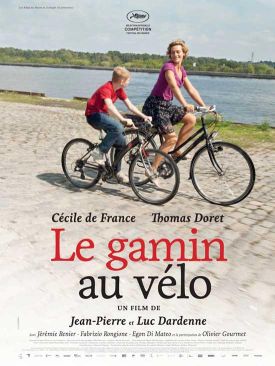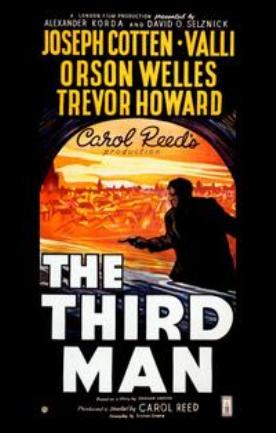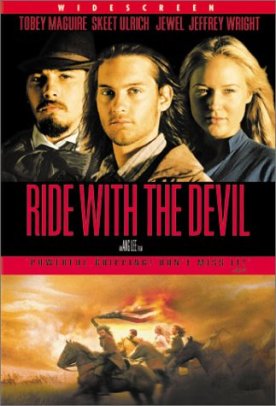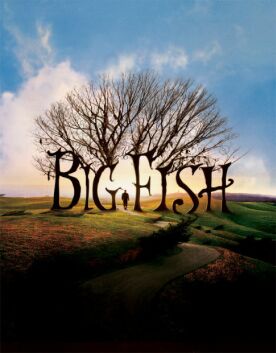Kid With a Bike, The
The worst thing that can happen to a child, at least from the child’s own point of view, is rejection by a parent. And maybe there is something even beyond that horror for a boy who is rejected by his father, since in that case the denial of love is compounded by a kind of denial of the child’s own existence. The man whose place you can’t help feeling you were born to take in this world tells you he doesn’t want you in his place anymore — or his world. It’s a bit like one of those “after-birth abortions,” the apologists for which were recently shocked to learn had shocked even a culture inured, as our is, to abortion-on-demand.
Yet the story of such a rejection, like Le gamin au vélo (The Kid with a Bike) by the Belgian brothers Jean-Pierre and Luc Dardenne, may be robbed of a full portion of what would otherwise be its elemental power by having to be told, ex hypothesi, of a child, and through a child’s eyes. Much as we sympathize with any child who suffers such a ghastly rejection, we are still able to palliate the horror of the child’s experience to ourselves by reflecting that he is a child. He’ll get over it. Or, if not get over it, he will learn some coping mechanism and have a life of his own to compensate him for being turned out of others’ lives. The loss is not irrecoverable, as that of some deaths or a loss of position or reputation can be to an adult.
Stories about such absolute losses, therefore, retain their power where stories about a child’s loss, even when to the child it is every bit as bad, lose some of theirs. In a way this paradox — very unfair, of course, as so much of life is — is a confirmation of the point made by the would-be child-killers of the amusingly named Journal of Medical Ethics. They thought it might be OK to kill kids because they were not yet “actual persons” but only potential ones. You don’t have to agree with that appalling example of moral reasoning to acknowledge that not being “actual persons” — in the ethicists’ sense of being able to comprehend one’s own existence and therefore understand what it is to lose it — can sometimes protect kids as well as making them more vulnerable. Potentiality, as opposed to actuality, may preserve them to a greater or lesser degree from the full effect of losses that would kill an adult.
At any rate, that seems to me to be the sinkhole lying in the way of of the Dardennes’ movie. Cyril (Thomas Doret), a boy of ten or eleven, finds himself in an institution of some kind when his dad (Jérémie Renier) decamps, and he is furious about it — not at his dad but at the “counselors” of the state-run home. They, he has no doubt, are lying to him when they tell him that dad is gone. Cyril knows better because he knows that, even if dad did sell up and move away, he would not have sold Cyril’s bike. As Cyril doesn’t have his bike, it must be still with his dad who, likewise, must still be in the dingy apartment in Liege where he and Cyril used to live. Even when the boy runs away and returns to the apartment, finding it empty, even when he is told that another kid has been seen riding his bike, he refuses to believe the truth. It must be a different bike. The other kid must have stolen it. Dad would not have sold it.
While attempting to hide from the counselors, Cyril takes refuge in a doctor’s office, and, when they find him there, rather than allow them to lead him away, he seizes hold of a woman in the doctor’s waiting room. “You can hold me,” she says to him mildly, “but not so tight.” This turns out to be Samantha (Cécile De France) who runs her own hair-dressing salon. It’s a nice touch that this stranger becomes, quite gratuitously, the missing reality principle in Cyril’s life, first by tracking down and buying back the bike for him and, then, by proving to him that his missing dad had sold it. As the attachment between Samantha and Cyril grows, she also helps him hunt down his father, who has moved to another city and taken a job in a restaurant, and then she insists that dad tell Cyril the truth — that he wants no more to do with him — rather than stringing him along with vague promises of telephoning some day.
I didn’t much mind that no explanation was given for Samantha’s heroic act of compassion in, essentially, adopting Cyril, giving him the home he has never known and even rejecting her own non-Cyril existence in the form of her hapless boyfriend Gilles (Laurent Caron) when the latter insists she choose between them. I mind a bit more that Cyril’s father’s cruelty in taking the opposite tack is similarly unexplained. Granted, such things do happen for, more or less, no reason at all save common or garden selfishness and absence of conscience. But the effect on the film of making his father and, indeed, everyone else in Cyril’s life morally uninteresting, is to put all of the dramatic weight onto the boy himself, and to make all the dramatic tension take place inside his poor little head. It’s too much. He is reduced to his pathos — which is just another way of stifling him as the “actual person” he must eventually turn out to be.
There is also something slightly formulaic about Cyril’s turning, briefly, to crime under the tutelage of an older lost boy and gang member calling himself Wes (Egon Di Mateo) after a video-game character. Wes is also, apparently, fatherless and motherless and lives with invalid grandparents. This may be an example of the sort of social breakdown to be expected when families break up, but it does its bit, too, to take away individuality and moral agency from everyone except Cyril, the poor victim of it all. Master Doret does such a good job in giving us the boy’s pathos of loss and the intensity with which he feels it, along with everything else, that he, along with Mlle De France’s portrait of adult goodness, makes the movie worth seeing. But it is less good than it would have been if he hadn’t had to carry that enormous load of feeling all by himself.
Discover more from James Bowman
Subscribe to get the latest posts to your email.







